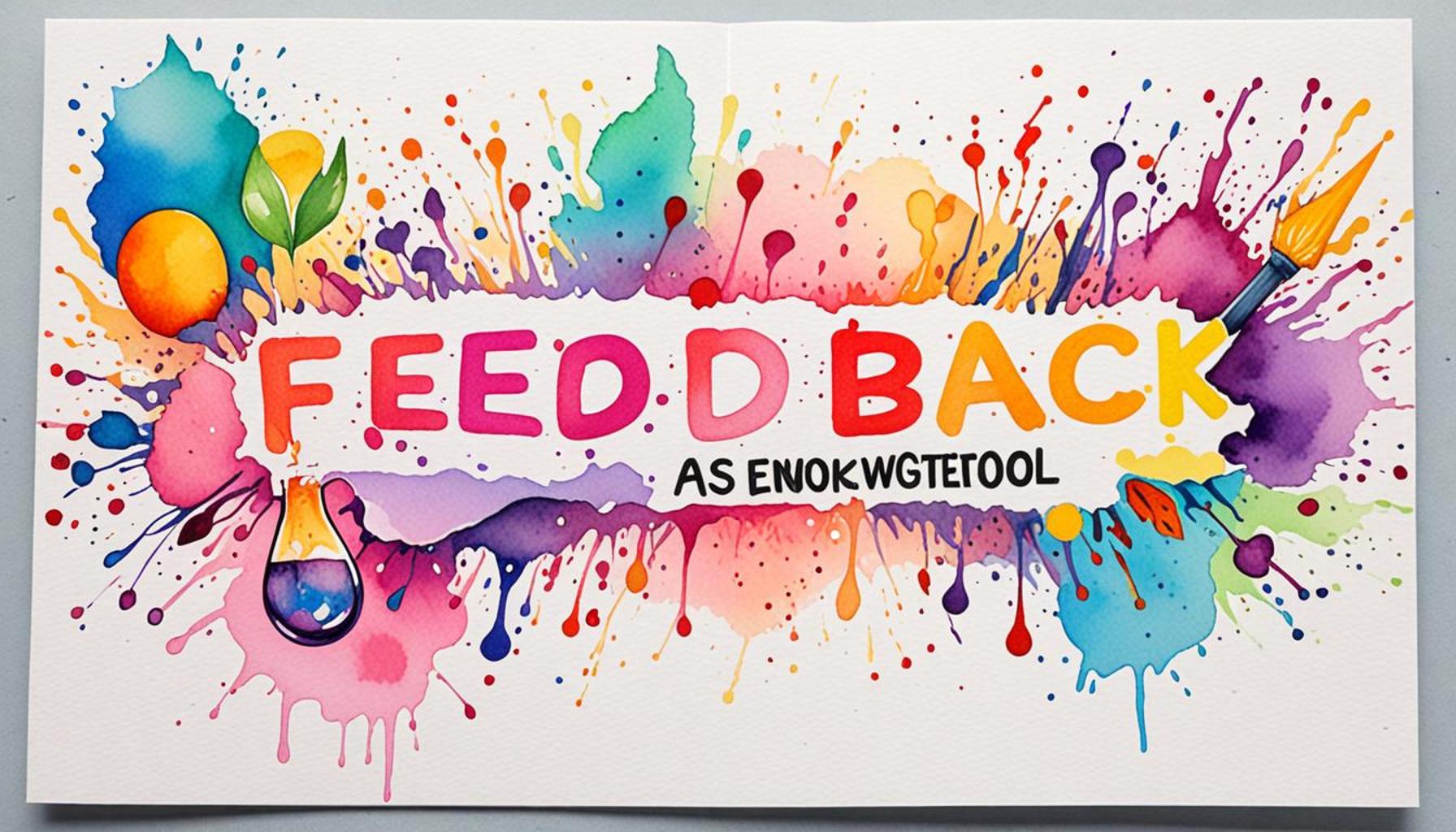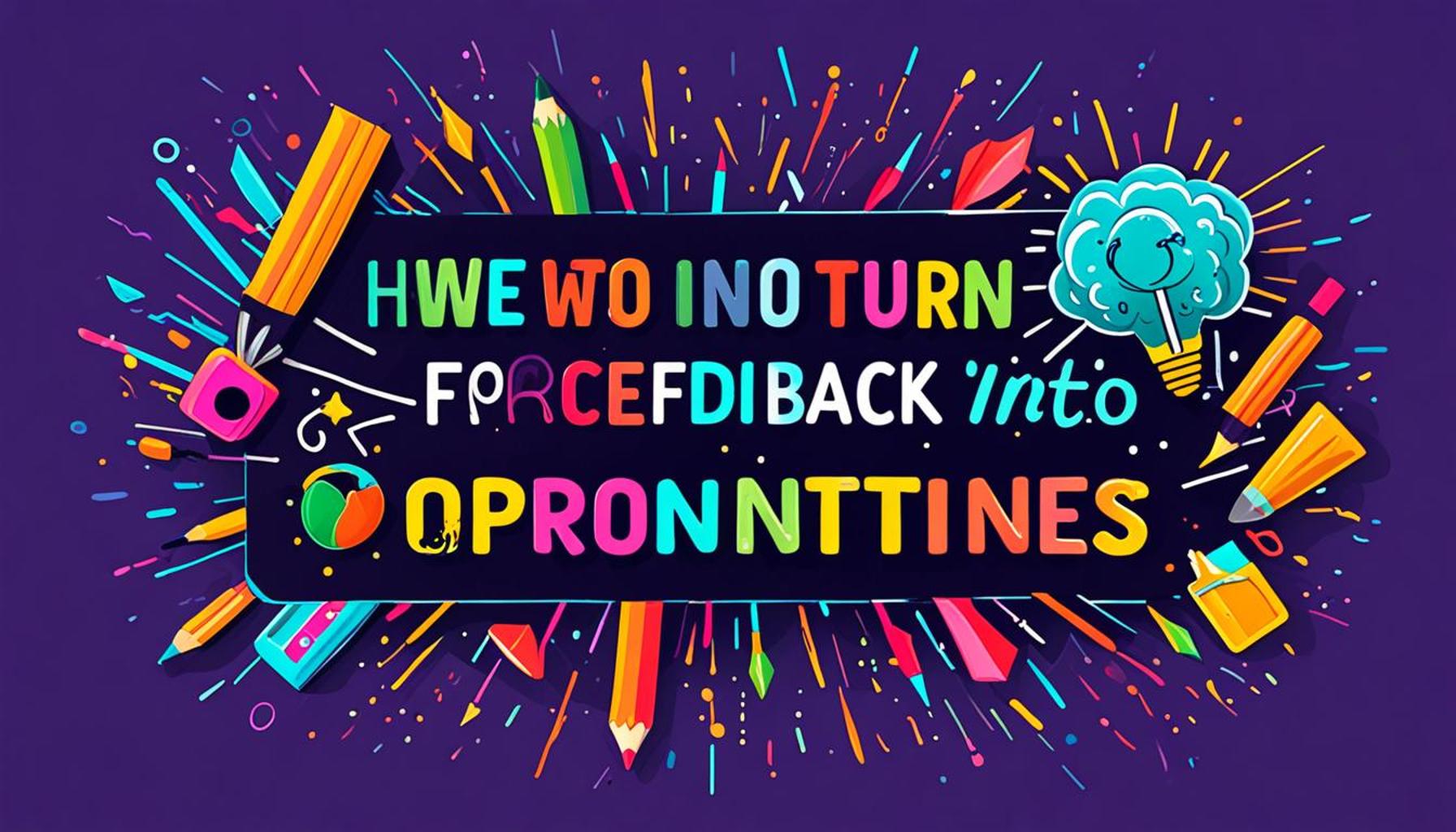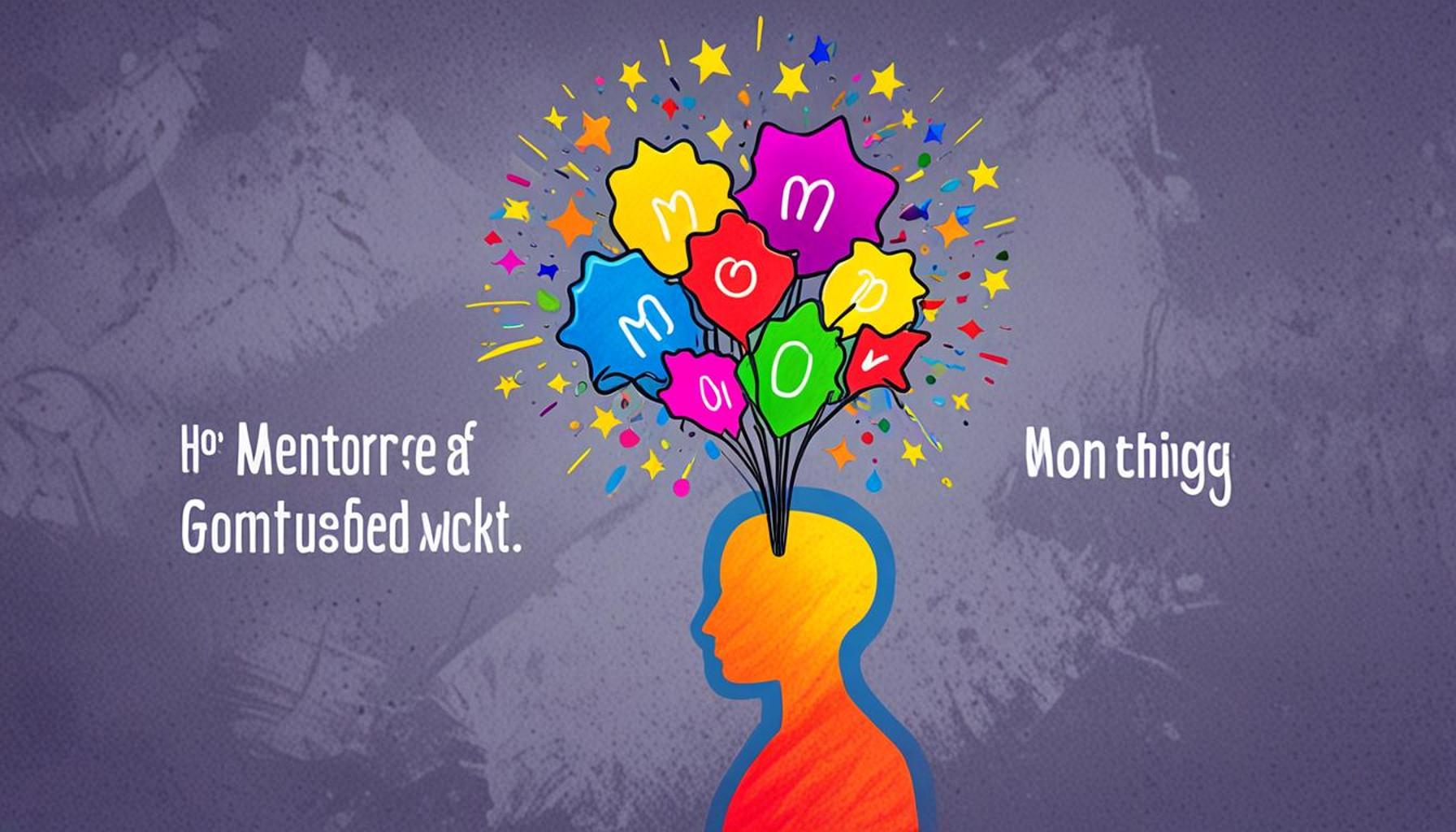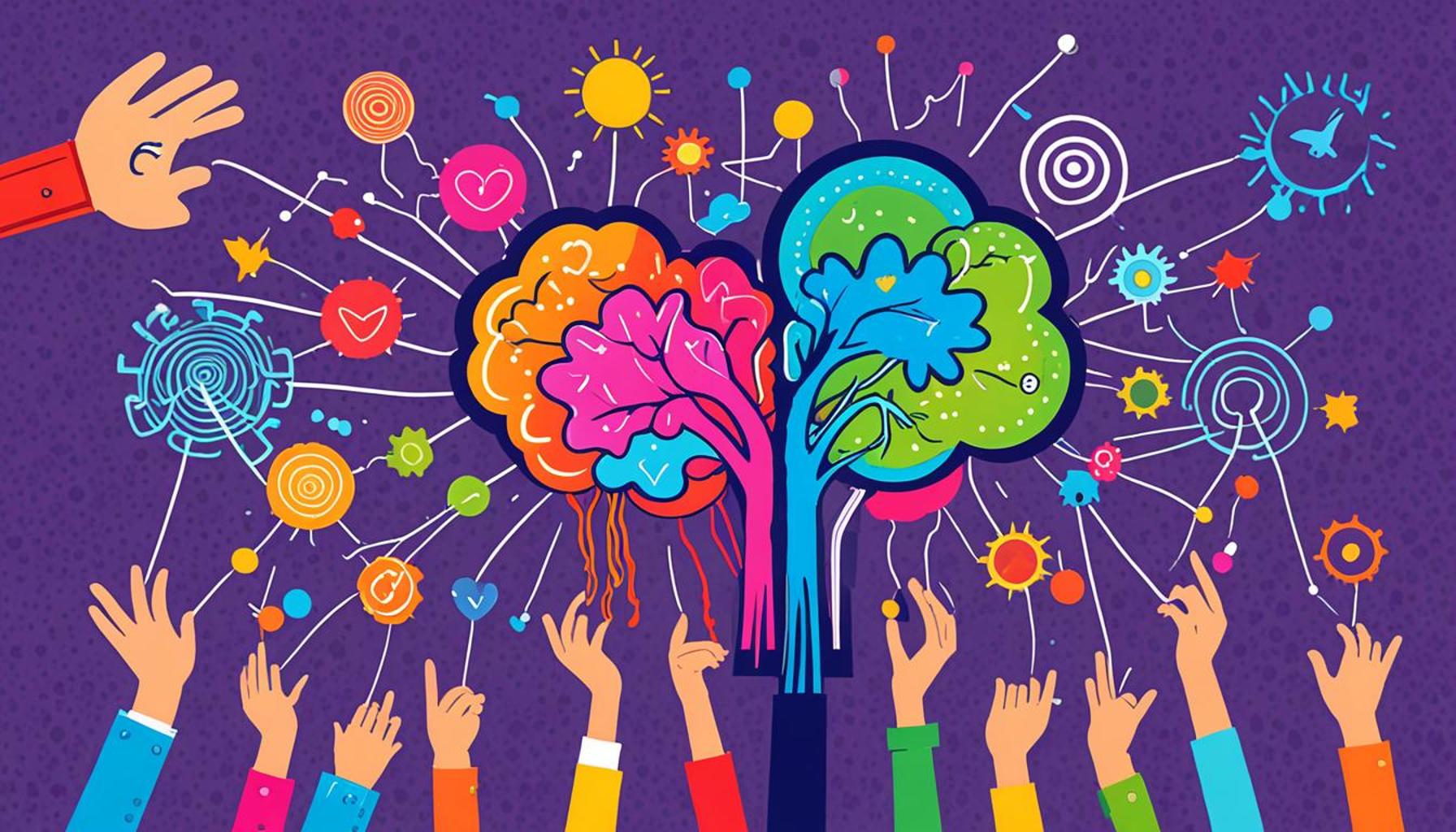Feedback as a Tool for Self-Knowledge: How to Evaluate and Evolve

The Role of Feedback in Personal Development
Feedback is more than just a response; it is a valuable resource that can profoundly influence one’s journey toward self-improvement. In today’s rapidly evolving landscape of personal and professional development, especially in Nigeria, the ability to effectively utilize feedback can open up avenues of growth that might otherwise remain unexplored.
Understanding Perspective Through Feedback
One of the most significant advantages of feedback is its ability to provide a fresh perspective that an individual may lack due to personal biases or blind spots. For instance, in a workplace setting, feedback from colleagues can shed light on how one’s collaborative style is perceived. An employee may feel they are contributing effectively, but their peers might see opportunities to enhance communication or teamwork. This insight is not merely constructive criticism; it is an opportunity for self-reassessment and alignment with collective goals.
Validation and Its Importance
Feedback also plays a crucial role in validation. When an individual receives affirming feedback about their strengths, it can bolster confidence and reaffirm their belief in their abilities. This is particularly relevant in Nigeria’s competitive job market, where personal branding and self-assurance are key. Consider a young professional who excels in creating innovative marketing strategies; when peers or managers recognize their talent, it fuels motivation and encourages engagement in future projects.
Actionable Steps for Improvement
Perhaps the most crucial aspect of effective feedback is its provision of actionable steps for improvement. Constructive criticism should not only highlight areas of weakness but also guide individuals on how to enhance their skills or rectify mistakes. For example, a mentor at a local tech hub might suggest resources, such as workshops or online courses, which can help an individual advance their technical skills. This kind of guidance transforms feedback into a roadmap for professional development.
Cultural Dynamics of Feedback in Nigeria
In Nigeria, the significance of feedback is further amplified by cultural dynamics that embrace communal discussions. Engaging in feedback during family gatherings or community programs can foster deeper connections and understanding. For instance, group discussions about career paths often invite collective input, enabling individuals to learn from past experiences and recognize the importance of shared growth. This collective approach decorates feedback with cultural relevance, reinforcing the notion that personal success is often intertwined with community aspirations.
The Path to Self-Knowledge
Ultimately, feedback transcends being merely a critique of performance; it is a powerful instrument for self-knowledge. By learning to both evaluate and embrace feedback, individuals can cultivate a deeper understanding of themselves. It encourages proactive engagement, leading to continuous self-improvement. Feedback creates a cycle of learning that not only enhances personal skills but also contributes positively to the larger community. In embracing this journey, each person can unlock their potential and contribute meaningfully to Nigeria’s collective growth.
YOU MAY ALSO LIKE: Read read another article
Harnessing Feedback for Personal Evolution
In the quest for self-knowledge, feedback acts as a guiding star, illuminating paths that may have remained obscured in the pursuit of personal and professional goals. As individuals navigate the complexities of career advancement and interpersonal relationships, understanding how to effectively solicit, interpret, and act on feedback becomes paramount. For many in Nigeria, where the competitive landscape is constantly changing, the capacity to evolve through feedback is not merely advantageous; it’s essential for survival and success.
The Dual Nature of Feedback: Building and Breaking
Feedback can be perceived as a double-edged sword. On one side, it can strengthen, while on the other, it has the potential to dismantle self-esteem if not approached with the right mindset. Thus, it becomes crucial to discern the intent behind feedback, whether it is constructive or merely opinion. To navigate this landscape effectively, individuals can consider the following aspects:
- Objective Analysis: Strive to see feedback as a means of growth rather than a personal attack. This requires a level of objectivity that might be difficult but necessary.
- Clarification: Ask questions to ensure understanding is mutual. Engaging in dialogue can prevent misinterpretations that might lead to unnecessary distress.
- Emotional Regulation: Preparing oneself emotionally before receiving feedback can create a buffer against the initial sting that feedback might provoke.
Cultivating a Growth Mindset
Embracing feedback demands a growth mindset, the belief that abilities and intelligence can be developed through dedication and hard work. This is particularly significant in Nigeria, where cultural expectations might sometimes emphasize perfection rather than growth. Individuals who adopt a growth mindset are more open to critique, viewing it as an opportunity to learn rather than a sign of inadequacy. By shifting one’s perspective, feedback transforms from a potential source of discomfort into a roadmap for development.
Learning from Failure
Feedback undeniably plays a critical role in helping individuals learn from their failures. In environments where success is often celebrated, the lessons embedded in failure frequently remain overlooked. However, when feedback highlights what went wrong, it provides a template for avoiding similar pitfalls in the future. Lessons drawn from constructive feedback can be invaluable for young entrepreneurs navigating Nigeria’s burgeoning entrepreneurial landscape, where the ability to pivot and adapt is crucial.
The Ripple Effect of Feedback
Lastly, it’s important to recognize the ripple effect of feedback within personal and professional ecosystems. When one person engages with feedback constructively, it can inspire others to do the same. In Nigeria’s closely-knit communities, sharing learnings from feedback can lead to collective growth. For instance, an employee who takes constructive criticism to heart might later mentor a colleague in the same department, thus perpetuating a culture of continuous improvement.
Ultimately, the correlation between feedback and self-knowledge cannot be understated. By embracing feedback as an integral part of personal evolution, one not only fosters personal growth but also cultivates an enriching environment that can pivot entire communities towards collective success.
| Advantages of Feedback | Impact on Self-Knowledge |
|---|---|
| Increased Awareness | Feedback illuminates blind spots in our self-perception. |
| Enhanced Growth | Constructive criticism enables targeted personal development. |
| Improved Relationships | Understanding others’ perceptions fosters better communication. |
| Motivation to Evolve | Positive feedback reinforces continued efforts and progress. |
Continued engagement with feedback allows individuals to explore deeper levels of self-awareness and adapt their behavior in both personal and professional contexts. By actively seeking out and utilizing feedback, you can gain insights into your strengths and weaknesses, paving the way for targeted self-improvement. This dynamic process not only elevates individual performance but also enhances the collective environment of teams and organizations. Embracing feedback encourages a culture of openness and growth, essential for anyone looking to evolve in a rapidly changing world.
YOU MAY ALSO LIKE: Read read another article
Empowering Relationships through Feedback
Feedback serves not only the individual but is also a potent tool to enhance interpersonal relationships. In Nigeria, where communal ties often coexist with individual ambitions, the manner in which feedback is delivered and received can significantly influence not just personal relationships but also team dynamics within workplaces. Exploring effective communication strategies is critical in ensuring that feedback fosters connection rather than contention.
Creating a Feedback-Friendly Culture
Organizations that prioritize a feedback-friendly culture encourage open communication and trust among employees. This practice is particularly vital within Nigerian companies, where hierarchical structures may discourage subordinates from voicing their opinions. By instilling a culture that normalizes giving and receiving feedback at all levels, leaders can create environments where employees feel safe to express concerns, share ideas, and learn from one another. Techniques such as regular check-ins and feedback sessions can bridge gaps between management and employees, fostering a cohesive team that thrives on collaboration.
Implementing 360-Degree Feedback
One approach gaining traction is the 360-degree feedback system. This method involves collecting feedback about an individual from various sources, including peers, supervisors, and subordinates. In the context of Nigeria’s multifaceted workplace environment, this comprehensive approach provides a holistic view of performance. It shines a light on blind spots that an employee may not be aware of, enabling a deeper understanding of how their actions resonate across different layers of the organization. Moreover, this can inspire accountability and encourage employees to take ownership of their growth trajectories.
Utilizing Technology for Effective Feedback
The emergence of technology also brings novel opportunities for feedback processes. With the increasing integration of digital platforms in Nigeria, businesses can leverage applications designed for real-time feedback and assessment. Tools such as anonymous surveys can allow employees to share their thoughts candidly, providing insight into organizational climate and employee satisfaction. This capability can be particularly empowering for those who may feel marginalized in traditional feedback settings, as it fosters an open environment where everyone’s voice can be heard.
Navigating Cultural Nuances in Feedback
Understanding the cultural nuances surrounding feedback is essential, especially in Nigeria, where respect and decorum may shape responses. Constructive criticism must be framed in a culturally sensitive manner to avoid causing offense. Acknowledging achievements before addressing areas for improvement, for instance, can soften the delivery and make the feedback more palatable. Furthermore, using local dialects or familiar phrases can help establish rapport, making it more comfortable for individuals to engage and reciprocate in the feedback exchange.
Seeking out feedback is undeniably an exercise in vulnerability, but through embracing the nuances of personal and communal dynamics, individuals can transform insecurity into insight. Becoming adept at interpreting and utilizing feedback not only fosters individual development but also enhances collective intelligence, which is vital in an evolving Nigerian landscape.
LEARN MORE: This related article may interest you
Conclusion: Embracing Feedback for Personal Growth
In today’s fast-paced and ever-evolving world, feedback stands as a pivotal tool for self-knowledge and personal evolution. By systematically seeking and embracing constructive insights, individuals can unearth profound revelations about their strengths and areas for improvement. Particularly in the Nigerian context, where community and collaboration are deeply valued, the approach to feedback can foster a spirit of unity, thereby enhancing interpersonal relationships and team dynamics.
Implementing strategies like 360-degree feedback, leveraging technology, and cultivating a feedback-friendly culture are integral to fostering a learning environment. These methods not only promote transparency but also empower individuals to take charge of their professional narratives. Moreover, by understanding the cultural nuances around feedback, individuals can navigate the complexities of critique in a manner that builds rather than breaks. The ability to give and receive feedback with grace unlocks the potential for exponential growth, turning vulnerabilities into valuable lessons.
As organizations and individuals commit to refining their feedback processes, they set the stage for a sustainable evolution that resonates throughout the community. The road to self-discovery is often paved with insights gleaned through external lenses. Therefore, by prioritizing feedback, Nigerians can enhance their capacity to evaluate and evolve, leading to not just personal development but also collective advancement. Embrace this journey; the transformative power of feedback holds the keys to unlocking untapped potential and fostering a greater understanding of ourselves and those around us.



